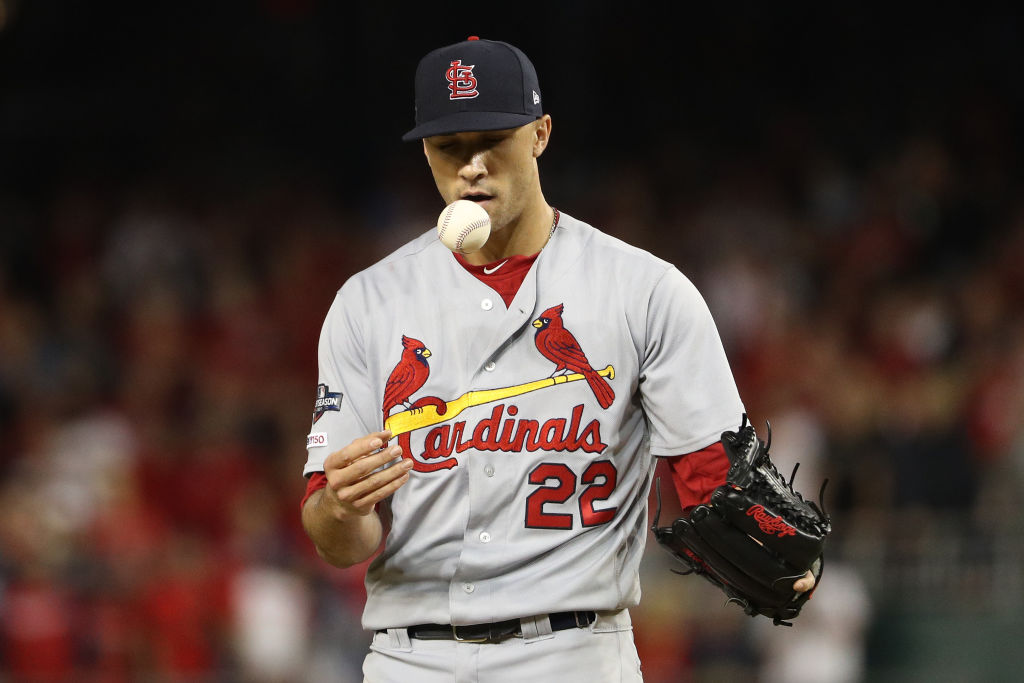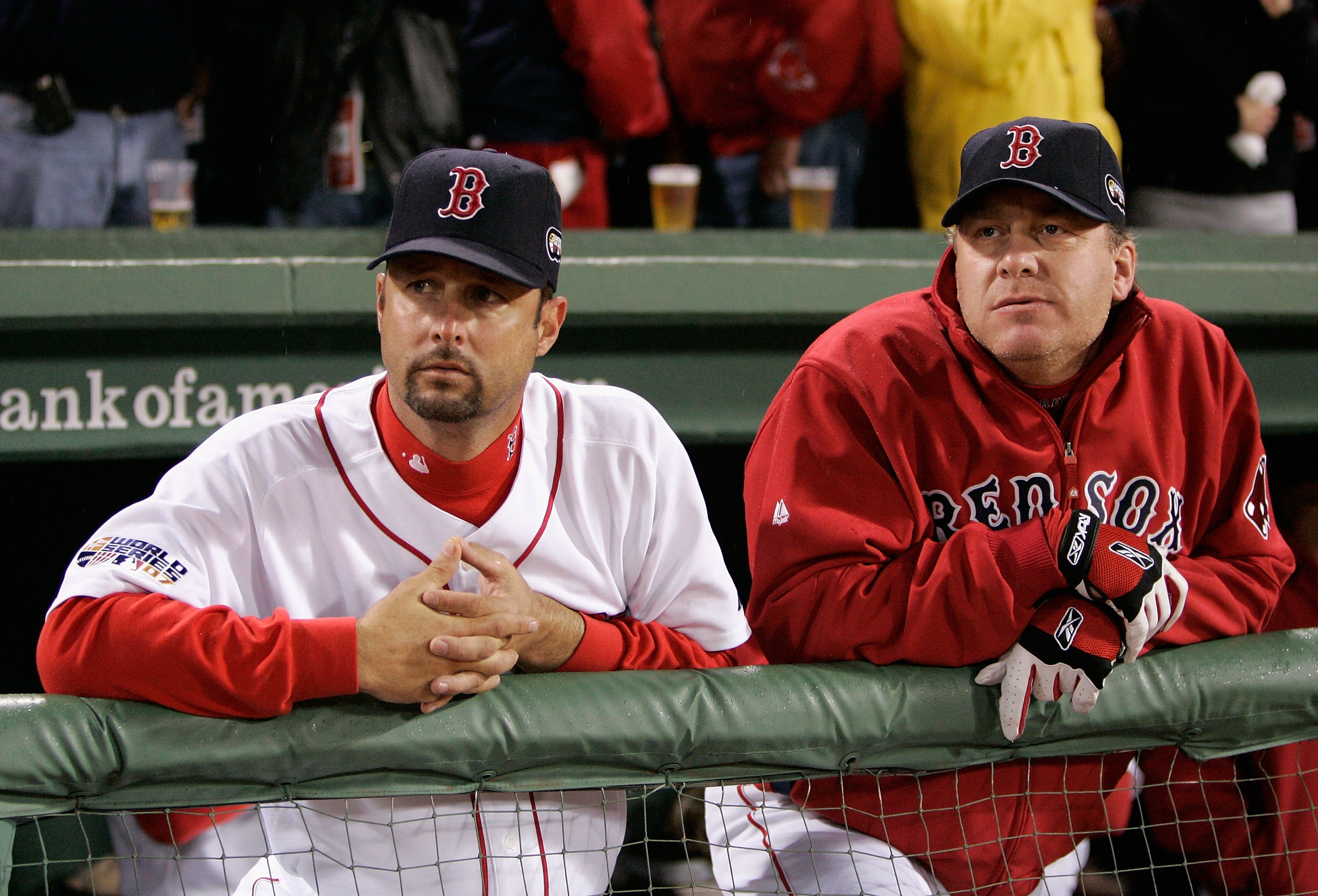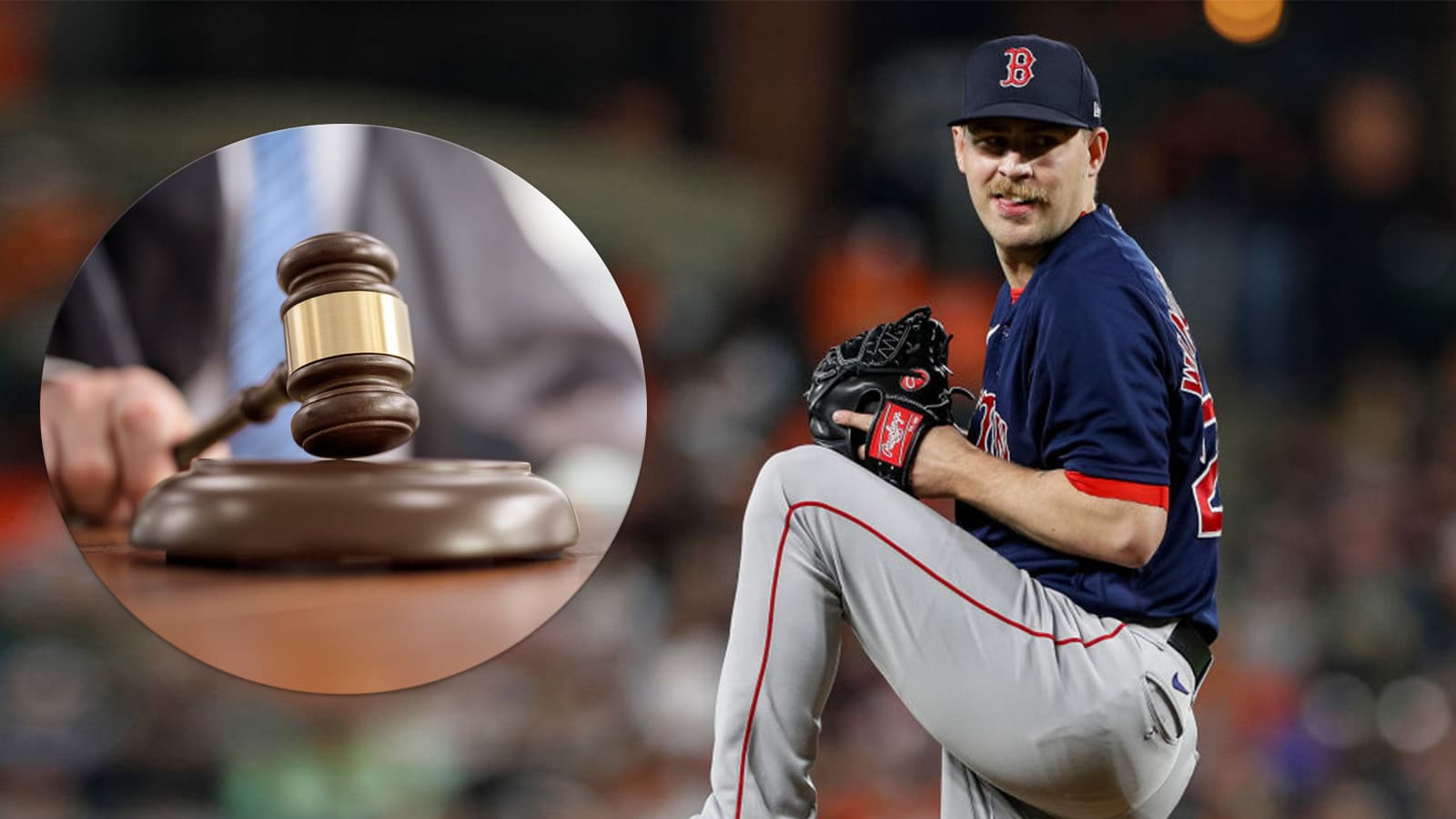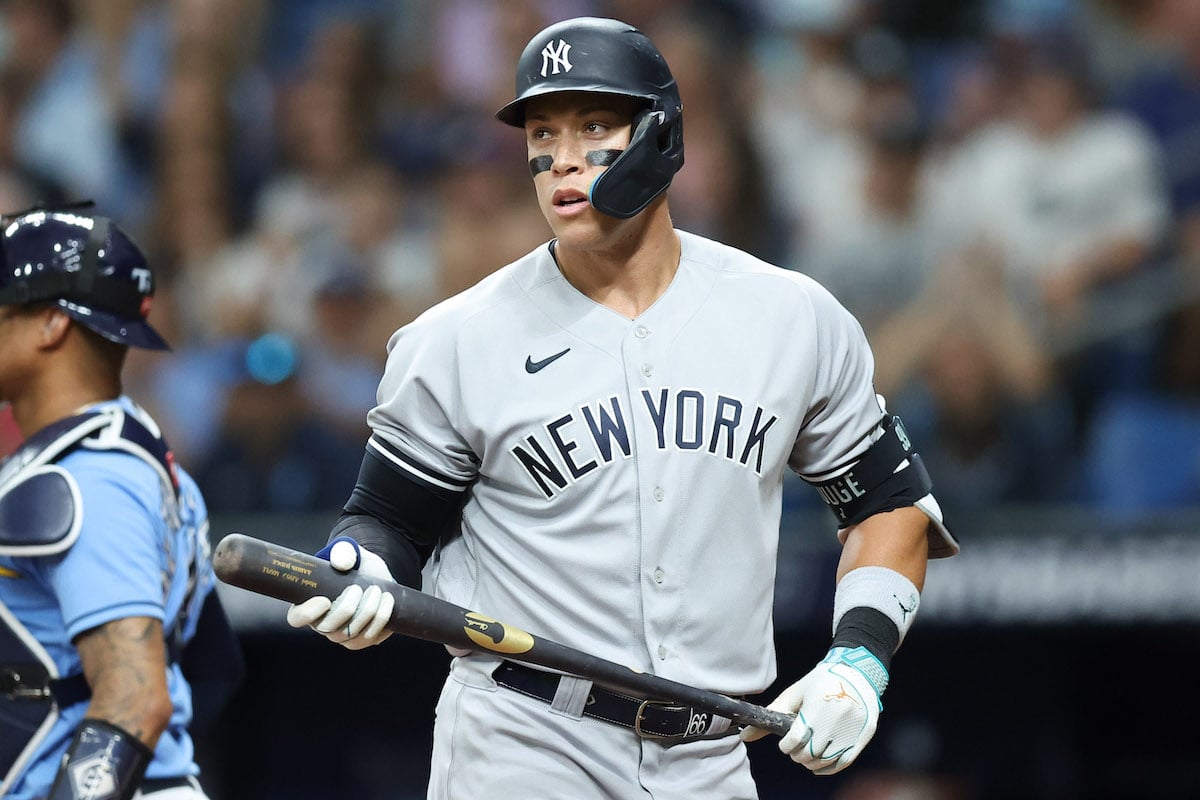
Do Young MLB Stars Have Any Contract Leverage?
There’s an expression that says when people assert, “It’s not about the money, it’s about the principle,” it’s always about the money.
Perhaps Jack Flaherty could have been criticized for having money on his mind last spring, but the stand that the St. Louis Cardinals right-hander took once again during contract negotiations this time points to him standing up for his principles.
The St. Louis Cardinals just disrespected Jack Flaherty
The St. Louis Cardinals announced over the weekend that they had renewed the contract of 24-year-old pitcher Jack Flaherty. The team reportedly will pay him $604,500, which is only marginally better than the 2020 season minimum salary of $563,500 spelled out in the collective bargaining agreement between owners and players.
That decision is questionable. Even though players like Flaherty who have less than three full seasons of service time in the major leagues have no say in setting their salary, the pitcher’s performance in his first two full seasons points to his value being quite a bit higher than just 7.3% above the minimum.
What made it worse, however, was that for the second year in a row the Cardinals renewed Flaherty at $10,000 less than what they had initially proposed. That’s the organization’s policy for dealing with contracts that they unilaterally renew because the player declined to sign.
Coincidentally, $10,000 is the amount of the bonus the Cardinals presented the pitcher for placing fourth in voting for the 2019 National League Cy Young Award. One can read into that and come away with the feeling that the Cardinals just told one of the best young pitchers in the game that they don’t care what he contributed to the team on the field last year.
“You understand what your value is as a player. You feel like you should be paid that way.”
Cardinals pitcher Jack Flaherty
The numbers say Jack Flaherty deserved better
The expectations for pitchers have evolved considerably in the last four decades. The game is so driven by relievers that the days of Cy Young Award voting being dominated by 20-game winners who racked up 275 innings on the mound are long gone.
That explains in part how Jack Flaherty came to finish fourth in Cy Young voting last season after going 11-8 in 196 innings for the St. Louis Cardinals. Dig deeper into the numbers and his 2.75 ERA and 10.6 strikeouts per nine innings make an impression.
Exploring further, Flaherty was 7-2 with a 0.75 ERA over the final two months of the season as the Cardinals were battling down the stretch to lock down their division title and place in the MLB playoffs.
The system isn’t kind to young MLB stars
Juan Soto, 21, of the Washington Nationals is being held up as another example of a young player at the mercy of the system negotiated by the owners and union. Coming off a .282 batting average with 34 home runs and 110 RBIs in his second MLB season, Soto will be paid $629,400 this year.
MLB teams have also resorted to waiting until midseason to promote a deserving prospect from the minors. Doing so keeps them from accumulating a full season of service time that first season, delaying their eligibility for arbitration and eventually free agency by a year. Kris Bryant of the Chicago Cubs protested the practice but lost in arbitration earlier this year.
In fairness to the St. Louis Cardinals, they did pay Jack Flaherty a $2 million bonus for signing with the organization out of high school, a not unsubstantial investment in a player who had yet to throw a single pitch to a professional batter. He made it through the farm system and its poverty-level pay scale in just under four years – uncommonly fast even for most top prospects.
Flaherty becomes eligible for arbitration next year unless the St. Louis Cardinals sign him to a new contract, but he’s had no leverage the past two years and settled for what the team decided to pay him.
Assuming her stays healthy and performs remotely near his 2019 level, Flaherty gets some leverage in arbitration, where the player and team submit a proposed salary figure for a one-year contract and the arbitrator must pick one figure or the other. If the team doesn’t offer something close to market value, the player stands a good chance of winning a deal that comes in above what comparable performers have been paid recently.



